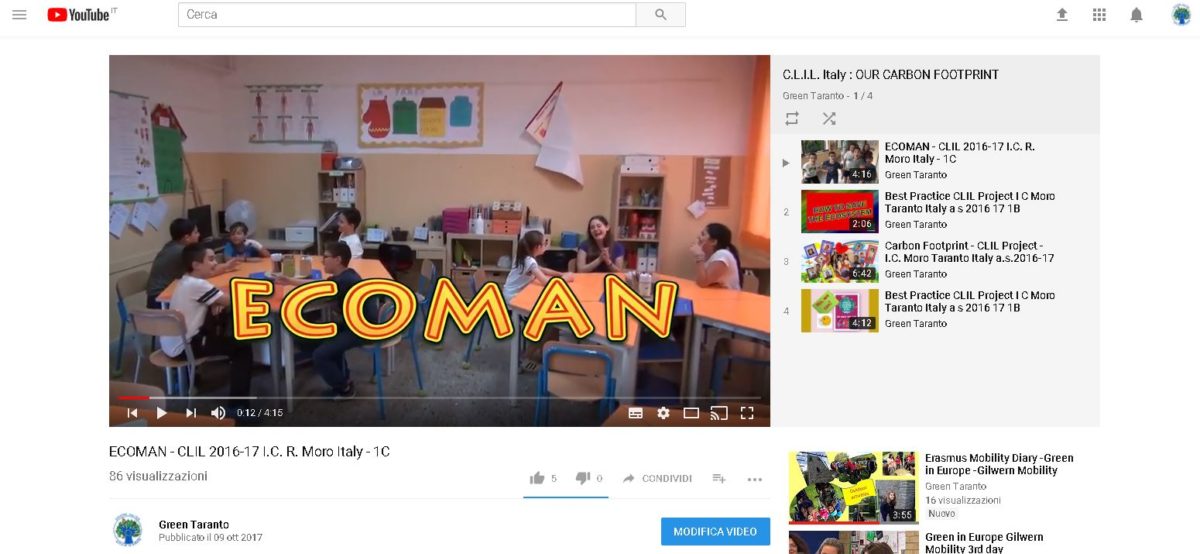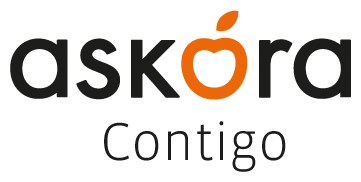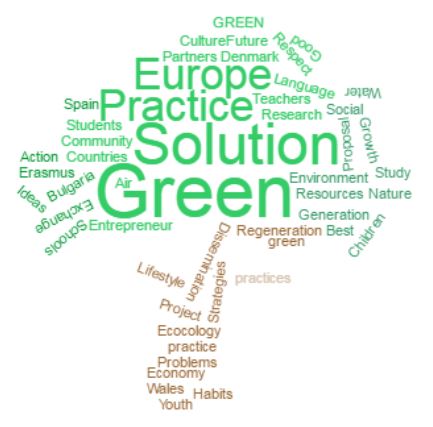Green Entrepreneurial Education Network in Europe
CODICE PROGETTO 016-1-IT02-KA219-024333
The project G.R.E.E.N. in EUROPE -Green Entrepreneurial Education Network in Europe –
is based on two pillars: the professional training of teachers and innovation in the field of education with the introduction of entrepreneurial education from primary school through content that is part of the value and culture of the partner schools: environmental sustainability and active citizenship education. It also includes certifications for the skills acquired during the learning pathway both for teachers and for students.
The project is about exchanging the best practices to implement better Green Life Styles in fact it aims to create a network of good practices to deal with those environmental issues that are threatening our own local areas (air, water and soil pollution, garbage disposal, etc), but also with unhealthy behavior (eating junk food, sedentariness, use of chemical cleaning products, etc.).
As a first step in the development of the project, the students should acquire knowledge and be inspired by green good practices, already successfully implemented in each partner country. In the second year of the project activities, they should plan how “to import”, to replicate, that “green” idea/solution in their own local area (“green” products, technologies, sustainable alternatives etc.). In the end, 6-11year old students should be able to plan a “green” advertising campaign and 12-15 year old students should be able to draw up a simple “green” Business Plan to be submitted to the local organizations and institutions to support and “to sell” the chosen green idea.
The project and the study visits as well will be focused on experiential, environmental, and entrepreneurial learning expanding the students’ sense of global citizenship and environmental responsibility and fostering entrepreneurial, technological education.
The objectives of the project are in step with the common political priorities and transversal priorities established by the E.C. in the field of education and training (ET 2020) whose essential purpose is supporting the improvement of education systems, mutual learning, exchange of good practices and professional development of teachers as well.
All the educational activities expected in our project as:
- providing training for teachers;
- considering and appreciating the best practices of our partners’ countries in the field of sustainable lifestyles,
- finding a way to ensure the exchange of information on best practices in this field (using English, modern technologies);
- visiting our partners’ countries with surveys and on-site workshops;
- mentoring young students to produce business ideas in order to “export” and / or “to import” the healthy /eco-friendly lifestyle which is efficacious and innovative in our partner’s country;
- steering the students, future citizens of Europe, towards thinking and planning a Green Economy that can be on the basis of future production and consumption systems based on the sustainable use of resources and reduction of negative impacts on the environment, are widely in line not only with the Strategic Objectives set by the E.U. for 2020 but also with the strategic priorities redefined in COM (2015) 408 final del 26/08/2015 for European cooperation in education and training:
- Strengthening the development of transversal skills and key competences, in line with the Reference Framework on Key Competences for lifelong learning, in particular digital, entrepreneurship and linguistic competences;
- Promoting awareness and education in the environmental field developing skills reflecting growing sectors, such as the green economy;
- Acquiring and mainstreaming innovative and active pedagogies such as inter-disciplinary teaching and collaborative methods, to enhance the development of relevant and high-level skills and competences;
- Supporting continuing professional development of teachers especially to deal with work based learning, digital competences and innovative pedagogies, including through EU tools such as eTwinning;
- Supporting the mobility of students, teachers and the development of strategic partnerships and joint courses by increasing internationalisation of education.
Dissemination is a very important phase in the project focused on two main aspects of it:
- knowledge and dissemination processes, habits or products belonging to the sphere of Green lifestyles;
- education of the students from primary school to the culture of entrepreneurship and business.
The outcomes of this transnational cooperation will be widely disseminated among all the relevant stakeholders through events, fairs, exhibitions and all the path and activities will be published on T.E.S. and Junior Achievement sites that collect all the good practices related to teaching entrepreneurial skills and shared with E-twinning community.
Share the post "The Project – G.R.E.E.N. in EUROPE"








